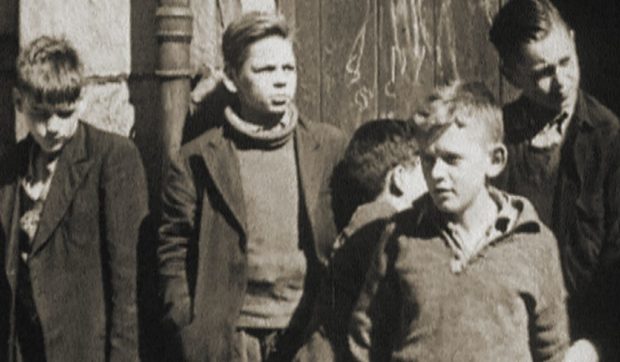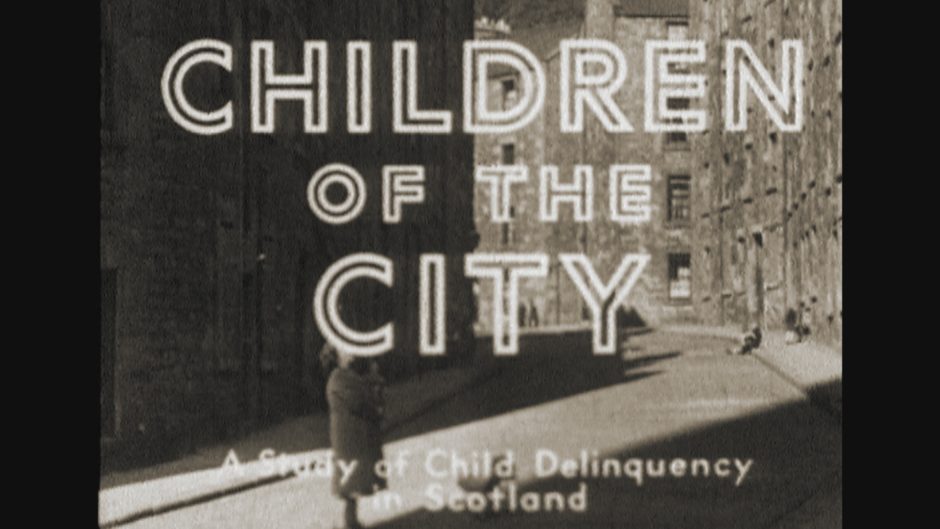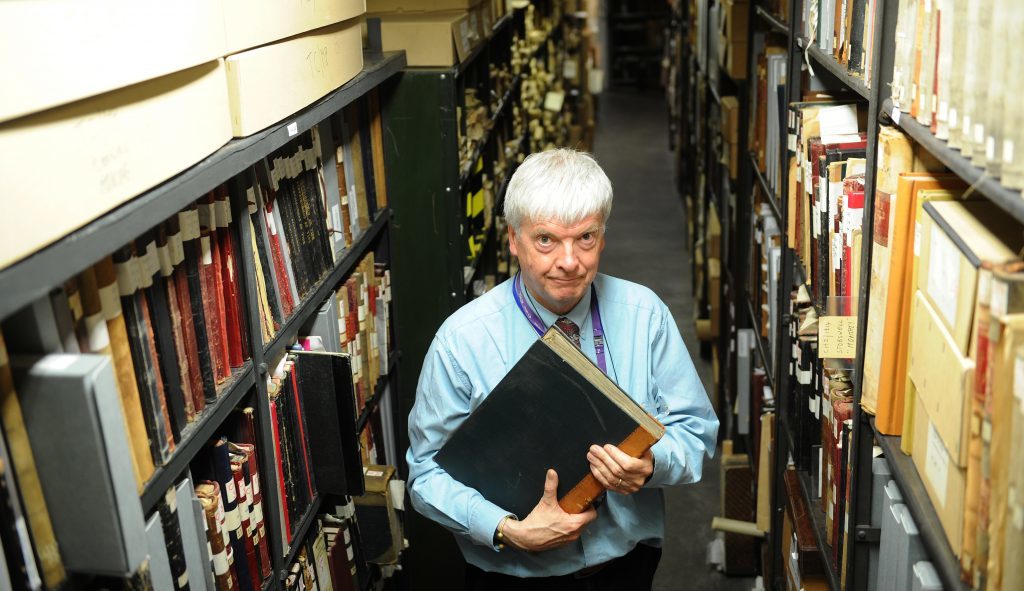A film, shot in Dundee 75 years ago to highlight wartime child delinquency, is set for a big screen showing.
Children of the City was filmed in 1944 during the Second World War by pioneering left-wing director Bridget Cooper for an international audience.
The narration of the wartime documentary from the Scottish Moving Film Archive says: “The work of war makes it a hard job to keep children out of mischief”.
In the first decades of the 20th century, many Scottish children lived in poverty but enjoyed the freedom to roam as far as their imagination and the local trams would take them.
The episode reveals a growing war-time concern about criminality among children and the film was shot to address the problem.
The Friends of Dundee City Archives will be showing the film on January 16 at 12.15pm and 1.15pm at the Steps Theatre.
“Created by The Ministry of Information (MOI), a central government department responsible for publicity and propaganda in wartime, it was directed by Budge Cooper, who would go on to have a career in information films in mine rescue and the new National Health Service,” said Iain Flett of The Friends of Dundee City Archives.
“The photographer was Wolfgang Suschitzky, an Austrian Jewish émigré, who became famous for his iconic shots such as that of a battered but surviving St Paul’s Cathedral in 1942 taken through a shattered window.
“Children of the City is a dramatised study of child delinquency in Scotland, thought to be caused by the absence of menfolk away at war, with local volunteer actors, starting with a group of boys breaking into a pawnbrokers’ shop.
“Following their ‘arrest’ by two real Dundee bobbies, the film charts their supposed backgrounds and progress.
“Suschitzky caught atmospheric glimpses of wartime Dundee, such as the slums of the Overgate and streets deserted of private motor cars.
“After their arrival at juvenile court, the first boy visits a Child Guidance Clinic with his ‘mother’ (in real life the mother of the boxer Dick McTaggart), where he is examined by an educational psychologist.
“A Probation Officer collects the second boy from his home and drives him to an Approved School (Rossie Farm Approved School, Montrose) where there are views of classrooms and workshops and boys working in the fields and felling trees.”
The film ends, with the end of the Second World War in sight, on an upbeat note with hopes for a better future in education, health, sport and employment for all children.
Mr Flett will introduce the film and there is no need to book.












